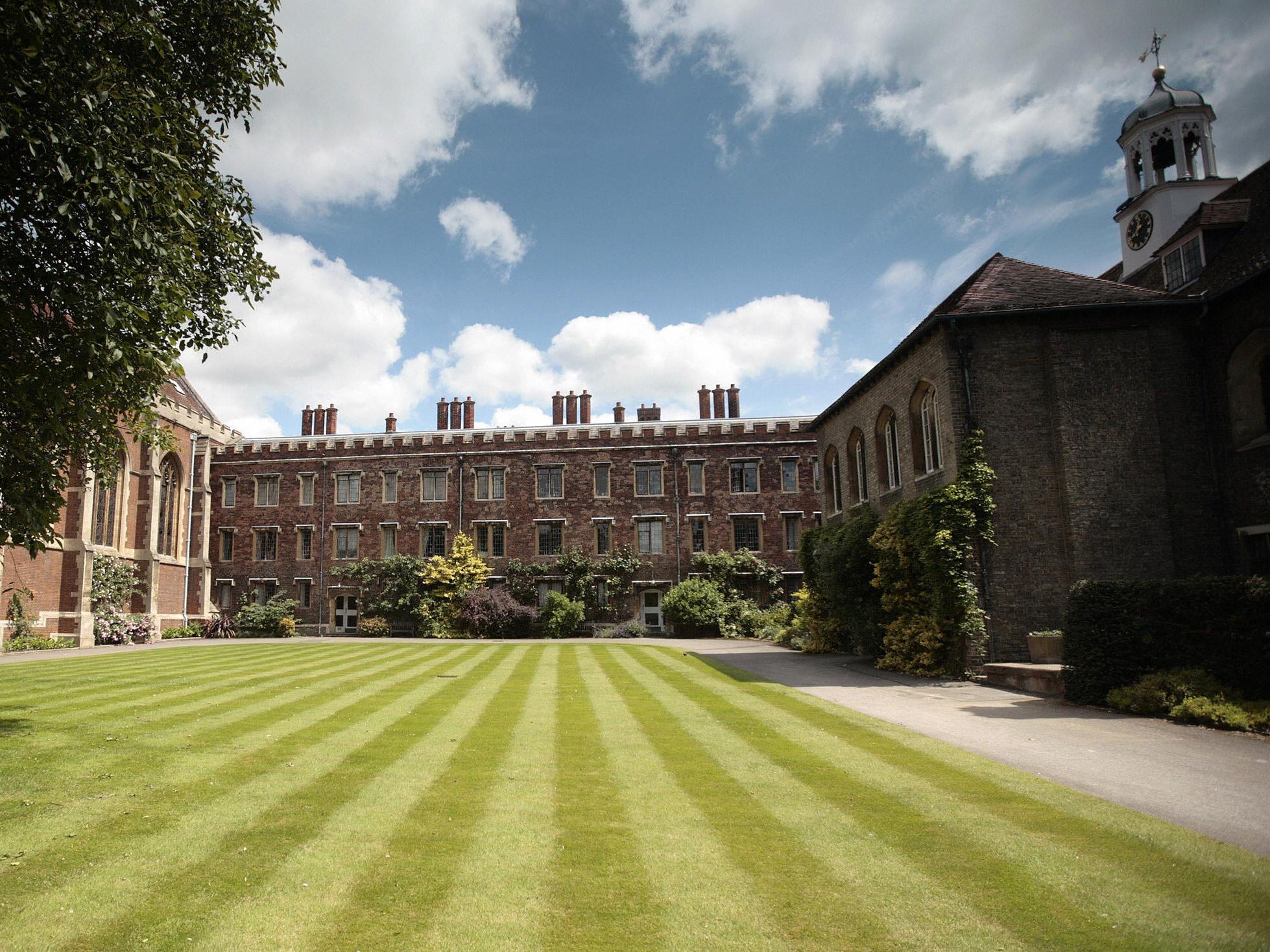University of Cambridge to investigate how it benefited from slave trade
'We cannot change the past, but nor should we seek to hide from it,' says vice-chancellor

The University of Cambridge will launch an inquiry to uncover how the prestigious institution may have benefited from and contributed to the slave trade.
A two-year investigation will acknowledge the university’s “role during that dark phase of human history”, vice-chancellor Professor Stephen Toope has said.
It is hoped the in-depth study will uncover how the institution may have gained from slavery and the exploitation of labour during the colonial era through donations, gifts and bequests.
The investigation, by two post-doctoral researchers, will also examine the extent to which Cambridge scholars reinforced race-based attitudes which helped shape public opinion.
It comes amid a wider "decolonise" movement sweeping university campuses in both Britain and the US.
Oriel College at Oxford University decided to keep its statue of British imperialist Cecil Rhodes in 2016 despite widespread student demands to remove it.
Last year, Glasgow University announced it would launch a "reparative justice programme" after discovering it benefited by tens of millions of pounds from racial slavery.
Professor Toope said: “There is growing public and academic interest in the links between the older British universities and the slave trade, and it is only right that Cambridge should look into its own exposure to the profits of coerced labour during the colonial period.
“We cannot change the past, but nor should we seek to hide from it. I hope this process will help the University understand and acknowledge its role during that dark phase of human history.”
The findings of the inquiry are expected to be submitted to the vice-chancellor in autumn 2021.
Professor Martin Millett, chairing the advisory group overseeing the work, said: "We cannot know at this stage what exactly it will find but it is reasonable to assume that, like many large British institutions during the colonial era, the university will have benefited directly or indirectly from, and contributed to, the practices of the time.
“The benefits may have been financial or through other gifts. But the panel is just as interested in the way scholars at the university helped shape public and political opinion, supporting, reinforcing and sometimes contesting racial attitudes which are repugnant in the 21st century.”
Subscribe to Independent Premium to bookmark this article
Want to bookmark your favourite articles and stories to read or reference later? Start your Independent Premium subscription today.

Join our commenting forum
Join thought-provoking conversations, follow other Independent readers and see their replies